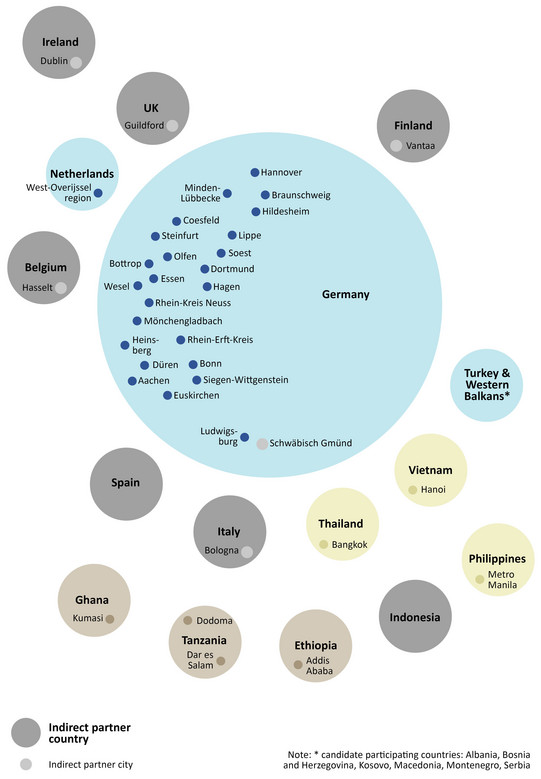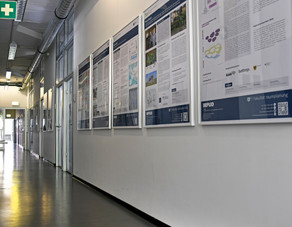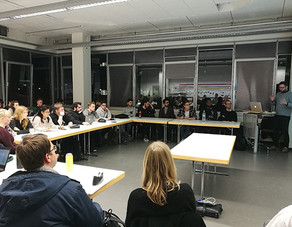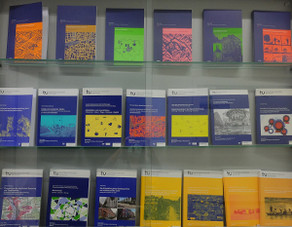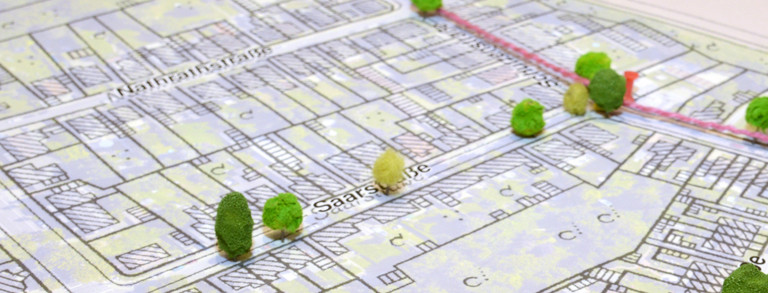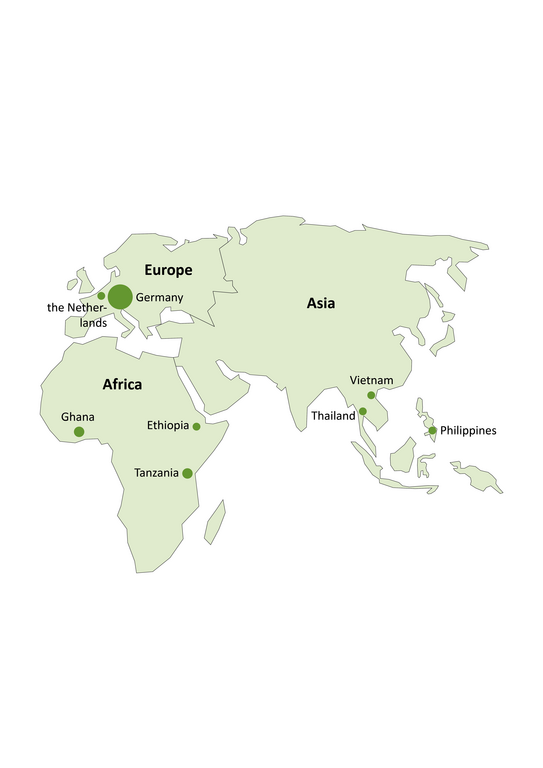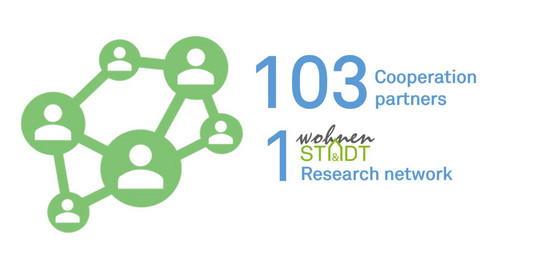Profile
In its 44 years, the IRPUD "looks back on a broad spectrum of completed research projects, ranging from theoretical and methodological basic research to practical forms of policy advice" (Forty Years of Spatial Planning Brochure: p. 10). The IRPUD has continuously developed its international reputation as a center of top-level research in spatial planning. Its research focuses on all areas of spatial planning, from social science and economics to engineering. (Wegener 2014)
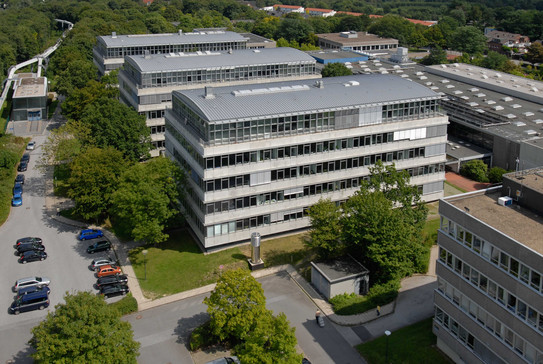
The IRPUD’s current research focus is on spatial risk and climate impact research. Among other things, it builds on IRPUD's many years of expertise in the field of spatial modelling. In risk and climate impact research, the role of spatial planning in assessing risks and climate impacts as well as the development of spatial planning strategies for risk management and adaptation to climate change are examined. This research takes place at all spatial levels, from the international level to the level of a city quarter. So far (as of January 2018), 34 third-party-funded projects (21 of which are EU-funded) have been carried out under this research priority under the leadership of Stefan Greiving.
In this thematic context, the non-European, global dimension of the role of spatial planning in dealing with climate change and extreme events was also given greater consideration. In addition to the classic role of spatial planning in prevention, its role in post-disaster reconstruction is increasingly being examined in line with the UN Strategy on Disaster Risk Reduction ("Build Back Better"). International cooperation in doctoral supervision also plays a special role, including two EU-funded Marie Curie Research and Training Networks and currently a BMBF and DAAD-funded cooperation with Ardhi University in Dar Es Salam (Tanzania).
The IRPUD continues to be a scientific institution of the Department of Spatial Planning, which is involved in the initiation and coordination of large interdisciplinary research projects. Therefore, the format of an annual internal research conference was established in 2015, at which the departments exchange information on their current research activities and work on joint proposals. A great success of the interdisciplinary cooperation was achieved with the acquisition of the BMBF project "Zukunft-Stadt-Region-Ruhr" (ZUKUR), in which 10 faculty departments are involved and in the period 2017-2020 good 1.2 million euros in funding will go to the Department of Spatial Planning.
Current research profile
